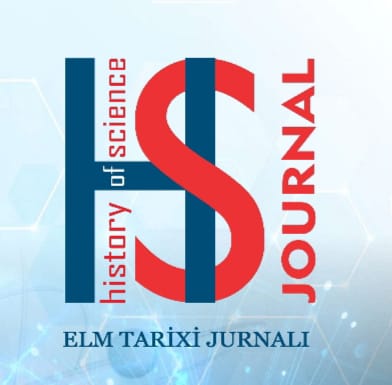Title:FEATURES OF LEBANESE “CONSOCIAL DEMOCRACY” (in Azerbaijani)
Volume:5
Issue:3
Abstract:
As is well known, Lebanon’s consociational model is designed to bring stability to the country. The model is currently alleged to have caused serious political problems:
- Political paralysis: Mutual veto power often leads to government blockage, making it difficult to implement reforms or effectively resolve crises.
- Elite entrenchment: The system often entrenches traditional sectarian elites, which often hinder change and meaningful reforms and reinforce the political status quo.
- Constitutional contradiction: The Lebanese Constitution explicitly advocates the national goal of eliminating political sectarianism, but at the same time provides detailed guidelines for the existence of sectarianism, creating a fundamental contradiction that has stalled development for decades.
Based on the 1943 National Pact and modified by the 1989 Taif Agreement, this system aims to manage sectarian divisions, but often ends up with a democracy characterized by elite negotiation and consensus rather than majoritarian rule.
The article examines the features of the Lebanese “consensual democracy”. The author presents a brief description of the main conceptual approaches to “consensual democracy”. Special attention is paid to the changes that have occurred in Lebanese politics in recent decades.
Full Name:Bahlul Nuri
Affilation: Researcher of “AcademyGate Publishing” (ISNI: 0000000514175052)
Country: Azerbaijan
DOI: https://doi.org/10.33864/2790-0037.2024.v5.i3.66-76
Email: bahlulnuri@gmail.com
Orcid: https://orcid.org/0009-0009-5377-7482

